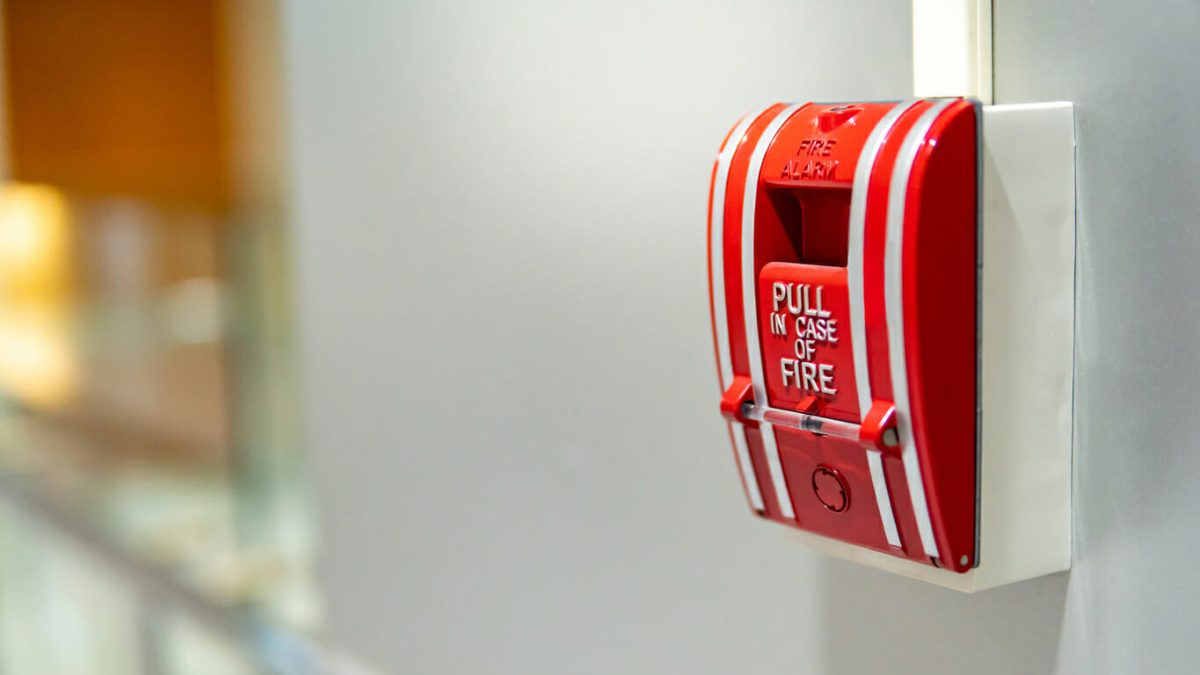Fire alarm systems are critical safety components in condo communities, requiring regular maintenance to ensure they function correctly during emergencies. Condo associations must follow specific protocols to keep these systems operational and compliant with safety regulations. When developing a Penrith Site Plan for maintenance, property managers consider various factors, including inspection schedules, testing procedures, and documentation requirements.
Regular inspections
Maintaining fire alarm systems in condominiums involves comprehensive inspection routines at specific intervals. These inspections typically include checking all system components, from control panels to individual smoke detectors and pull stations. Professional fire safety technicians conduct these inspections according to local fire codes and manufacturer recommendations. They examine wiring connections, test battery backup systems, and verify that all devices communicate correctly with the central monitoring station. The thoroughness of these inspections helps identify potential issues before they become serious problems that could compromise resident safety.
Testing protocols
Fire alarm testing in condo communities follows structured protocols to minimise disruption while ensuring system reliability. These tests verify that all components function as intended during an emergency. The testing schedule typically includes:
- Monthly tests of control panels and communication systems
- Quarterly testing of notification devices like horns and strobes
- Semi-annual checks of smoke detectors and heat sensors
- Annual comprehensive system-wide tests with documentation
Each test serves a specific purpose in the maintenance program, creating a layered approach to fire safety that protects residents and property.
Resident communication
Effective communication about fire alarm maintenance helps build community cooperation and reduces complaints during necessary testing procedures. Condo associations need clear communication strategies to keep residents informed. Advance notices about scheduled maintenance and testing prevent unnecessary panic when alarms sound during testing. Many communities use multiple communication channels to ensure all residents receive essential safety information, including email alerts, lobby postings, and direct messaging. This communication should include what to expect during testing and what residents should do if they hear alarms outside scheduled testing periods.
Compliance requirements
Fire alarm system maintenance in condominiums must adhere to strict regulatory standards that vary by location. These requirements establish minimum maintenance schedules and documentation practices. The National Fire Protection Association (NFPA) provides guidelines many local jurisdictions adopt as code requirements. These standards specify testing frequencies, documentation formats, and professional certification requirements for technicians who work on life safety systems. Condo associations must maintain detailed records of all inspections, tests, and repairs to demonstrate compliance during fire marshal inspections or insurance reviews. Required documentation for compliance includes:
- Documentation must include dates of all inspections and tests
- Records should note any deficiencies found and subsequent repairs
- Technician certifications and qualifications must be verified
- Reports should be retained for at least three years
Following these compliance requirements protects the association from liability while ensuring resident safety, which remains the top priority in all maintenance decisions. Proper fire alarm system maintenance represents one of the most critical responsibilities of condo management. Through structured inspection programs, professional testing, clear resident communication, and strict compliance with regulations, condo communities create comprehensive fire safety programs that protect lives and property.
Related posts
Categories
Recent Posts
Advertisment


